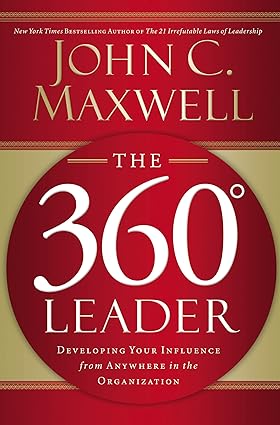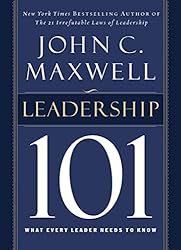Elizabeth Barrett Browning (née Moulton-Barrett, /ˈbraʊnɪŋ/; 6 March 1806 – 29 June 1861) was an English poet of the Victorian era, popular in Britain and the United States during her lifetime.
Born in County Durham, the eldest of 12 children, Elizabeth Barrett wrote poetry from the age of eleven. Her mother’s collection of her poems forms one of the largest extant collections of juvenilia by any English writer. At 15 she became ill, suffering intense head and spinal pain for the rest of her life. Later in life she also developed lung problems, possibly tuberculosis. She took laudanum for the pain from an early age, which is likely to have contributed to her frail health.
In the 1840s Elizabeth was introduced to literary society through her cousin, John Kenyon. Her first adult collection of poems was published in 1838 and she wrote prolifically between 1841 and 1844, producing poetry, translation and prose. She campaigned for the abolition of slavery and her work helped influence reform in the child labour legislation. Her prolific output made her a rival to Tennyson as a candidate for poet laureate on the death of Wordsworth.
Elizabeth’s volume Poems (1844) brought her great success, attracting the admiration of the writer Robert Browning. Their correspondence, courtship and marriage were carried out in secret, for fear of her father’s disapproval. Following the wedding she was indeed disinherited by her father. The couple moved to Italy in 1846, where she would live for the rest of her life. They had one son, Robert Wiedeman Barrett Browning, whom they called Pen. She died in Florence in 1861.[3][4] A collection of her last poems was published by her husband shortly after her death.
Elizabeth’s work had a major influence on prominent writers of the day, including the American poets Edgar Allan Poe and Emily Dickinson. She is remembered for such poems as “How Do I Love Thee?” (Sonnet 43, 1845) and Aurora Leigh (1856).
HOW DO I LOVE THEE?
IF THOU MUST LOVE ME
The following are works by Elizabeth Browning:
HOW DO I LOVE THEE? (From Sonnets from the Portuguese)
I love thee to the depth and breadth and height
My soul can reach, when feeling out of sight
For the ends of Being and ideal Grace.
I love thee to the level of everyday’s
Most quiet need, by sun and candle-light.
I love thee freely, as men strive for Right;
I love thee purely, as they turn from Praise.
I love thee with the passion put to use
In my old griefs, and with my childhood’s faith.
I love thee with a love I seemed to lose
With my lost saints,- I love thee with the breath,
Smiles, tears, of all my life!- and, if God choose,
I shall but love thee better after death.
–
–
THE END
IF THOU MUST LOVE ME (From Sonnets from the Portuguese)
IF thou must love me, let it be for nought
Except for love’s sake only. Do not say
“I love her for her smile- her look- her way
Of speaking gently,- for a trick of thought
That falls in well with mine, and certes brought
A sense of pleasant ease on such a day”-
For these things in themselves, Beloved, may
Be changed, or change for thee,- and love, so wrought,
May be unwrought so. Neither love me for
Thine own dear pity’s wiping my cheeks dry,-
A creature might forget to weep, who bore
Thy comfort long, and lose thy love thereby!
But love me for love’s sake, that evermore
Thou mayst love on, through love’s eternity.
–
–
THE END



















